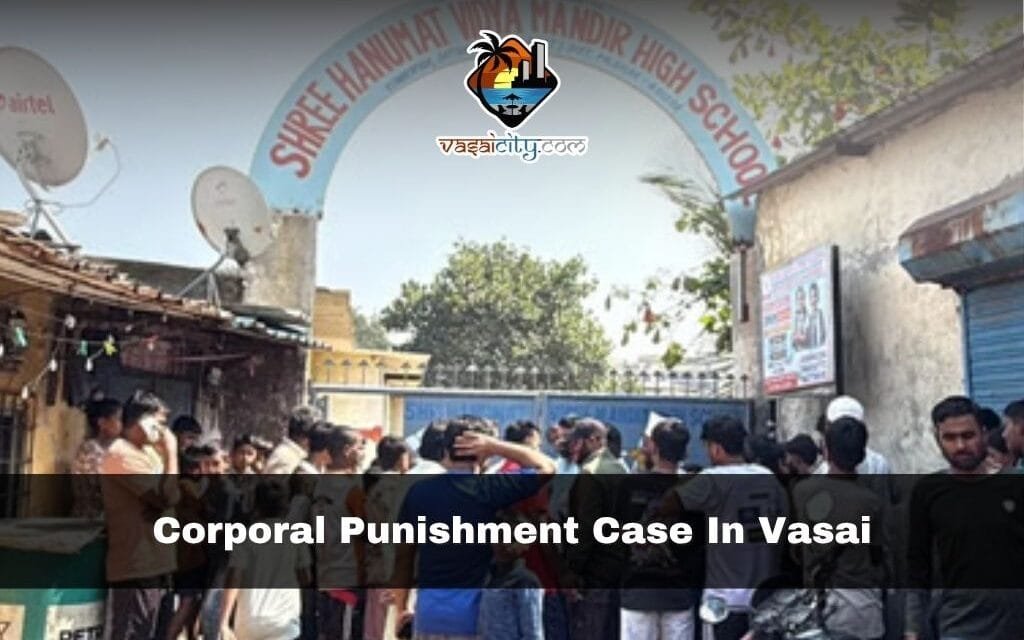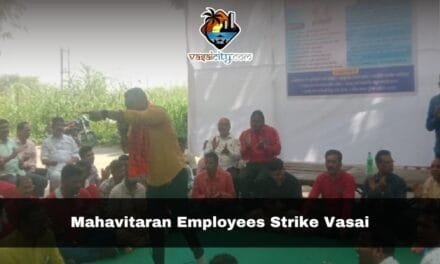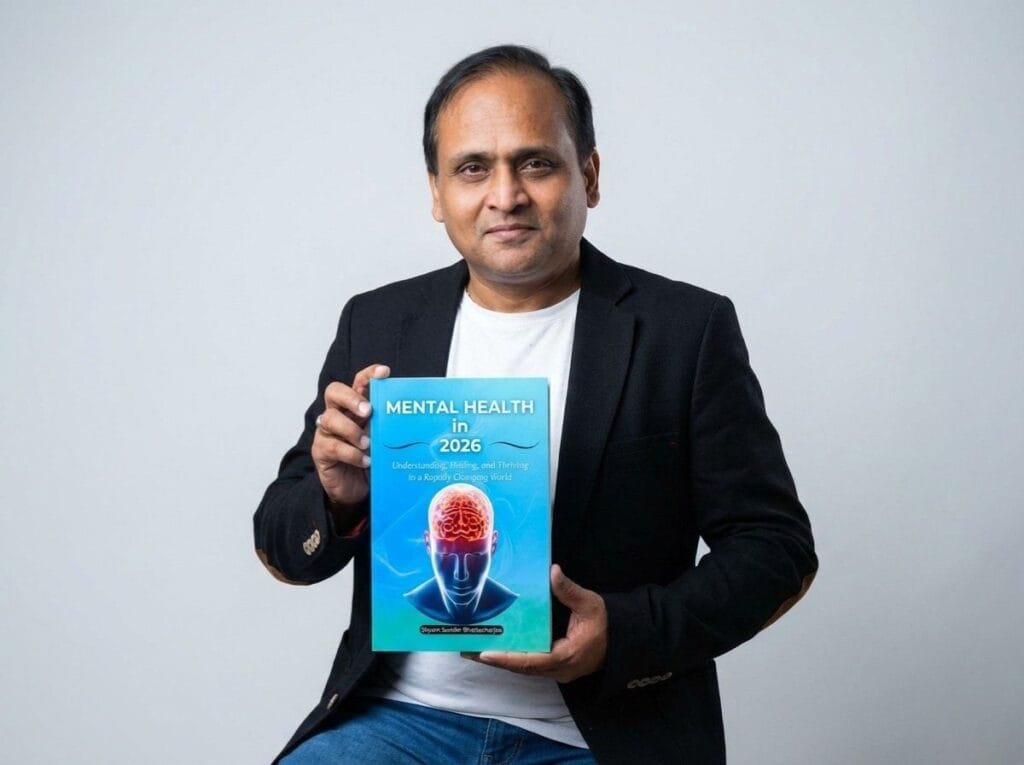Corporal Punishment Case in Vasai has triggered shock, anger, and public questioning after a 13-year-old schoolgirl reportedly died a week after allegedly being made to perform 100 sit-ups as disciplinary action for arriving late to school. The tragic incident, involving Class VI student Kajal Gaur, has intensified discussions about student safety, mental stress, and the strict enforcement of child-protection laws inside educational institutions.
Table of Contents
A Tragic Turn After Alleged Punishment
According to the parents, Kajal, a student of Shri Hanumant Vidya Mandir School, Vasai East, was allegedly punished on 8 November for reporting to class 10 minutes late. She was reportedly instructed to perform 100 sit-ups along with other students who were also late that day.
Family members claim that the corporal punishment left her exhausted, visibly distressed, and physically weak. The following afternoon, Kajal is believed to have fainted at home and started experiencing severe body pain and difficulty breathing.
Kajal was later admitted to two local hospitals in Vasai before being transferred to JJ Hospital, Mumbai, after her condition continued to worsen. Despite medical treatment, the young girl passed away on Saturday, leading to widespread grief and anger in the community.
Parents File Complaint, Demand Action Against School
After her cremation on Sunday, Kajal’s father Sikandar Gaur, a labourer by profession, submitted a written complaint at Waliv Police Station. The complaint accused the school and a teacher identified as Mamta Yadav, stating that the punishment directly triggered critical health complications due to Kajal’s pre-existing asthma condition.
Sikandar stated:
“Her health deteriorated only after this incident. She suffered pain and breathing problems every single day after that punishment.”
Following the complaint, police registered an Accidental Death Report (ADR) and began a formal inquiry to verify all allegations and timelines.
Police & Education Department Begin Inquiry
Waliv Police officers confirmed that statements will be recorded from the concerned teacher and school management. Investigators are currently awaiting the post-mortem report, which is expected to play a crucial role in determining whether an FIR will be officially registered.
A preliminary inquiry has already been initiated by officers from the State Education Department, who reportedly visited the school to evaluate procedures, disciplinary norms, and administrative responses to the incident.
As per the Right to Education Act (RTE), corporal punishment is strictly banned in Indian schools and may attract legal consequences. Full legal guidelines regarding the ban are available on the official government education portal. (Note: Provide external link below instead.)
For reference, government guidelines on child safety and punishment can be accessed through:https://www.education.gov.in
Public Outrage and Political Support
Soon after the incident became public, parents and local residents gathered outside the school, demanding transparent action, accountability, and strict enforcement of child-protection laws. Several community members also alleged that corporal punishment is not a one-time occurrence at the institution but has reportedly been used for minor disciplinary issues.
Later in the evening, representatives of Shiv Sena (UBT) visited Kajal’s residence, offering support and urging police to pursue the matter responsibly. Local residents and concerned parents also emphasized the need for professional counselling, monitored punishment policies, and increased awareness regarding children with health conditions.
Understanding Corporal Punishment & Mental Impact
Corporal Punishment Case in Vasai highlights a significant concern in Indian schooling culture—punishments that may lead to long-term trauma or even life-threatening consequences.
Child psychologists state that aggressive punishment can cause:
- Chronic stress
- Fear-based learning
- Reduced self-esteem
- Anxiety and emotional shutdown
- Long-term trust issues with authority
Students with medical conditions, like asthma, heart conditions, muscle disorders, or chronic fatigue syndrome, are at even higher risk when subjected to forced physical tasks.
Official Statements Awaited
The next key development in the Corporal Punishment Case in Vasai is expected after the post-mortem report, which will likely determine whether legal charges escalate from ADR to FIR. Local families are now urging authorities to issue stricter inspections, CCTV monitoring inside classrooms, and mental health counselling protocols.









